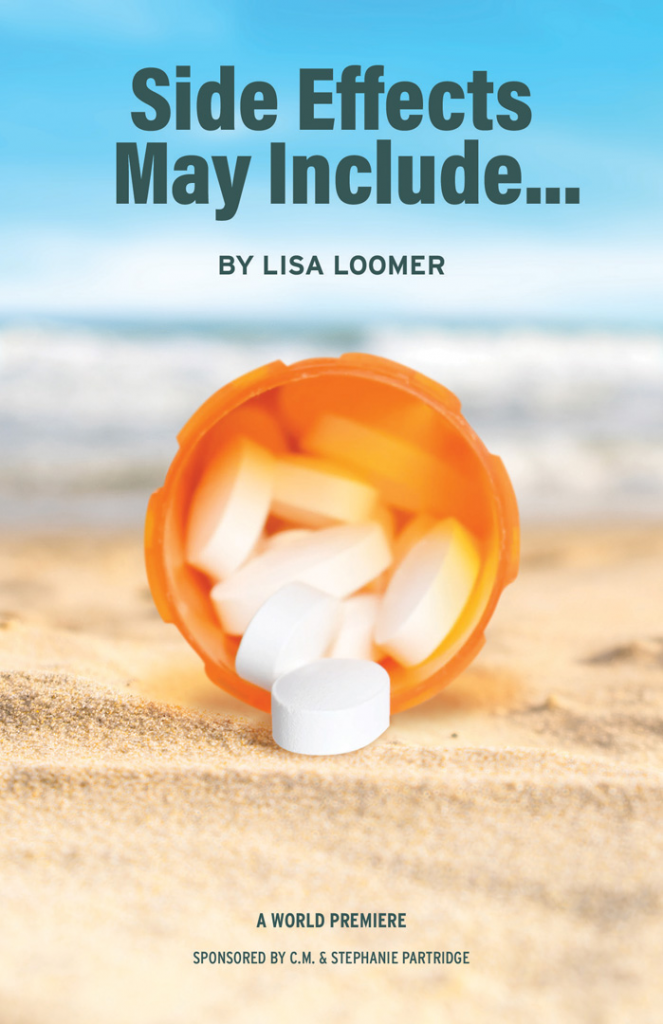The Veteran Suicide Crisis: Two Lives, Two Preventable Deaths
More than 155,000 veterans have died by suicide since 2001. Among them were U.S. Marine Corps veteran Hunter Whitley, 23, and U.S. Army veteran Connor Brumfield, 22. Both were prescribed SSRIs by VA practitioners without being warned of the FDA’s “black box” warning: the heightened risk of suicidal thoughts and behaviors in people under 24.
The VA’s Office of Inspector General determined that this failure to provide informed consent likely contributed to their deaths.
Black box warnings exist to protect patients — but only if prescribers take them seriously and communicate them clearly. Veterans, like all patients, have a right to be informed of both the possible benefits and the real risks before starting any medications.
MISSD remains committed to advocating for transparency, clear communication about drug risks, and the safe use of medications to prevent future tragedies. Read the full article at: https://www.madinamerica.com/2025/08/veteran-suicide-prevention-legislation-introduced-that-will-save-lives/.



